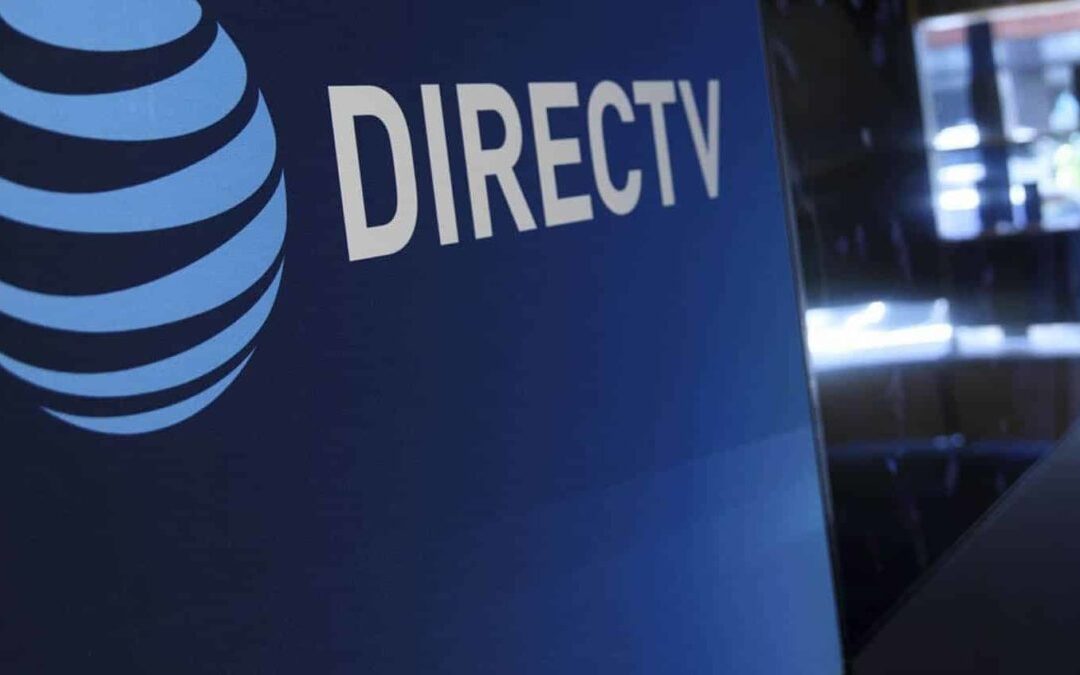AT&T Inc. is seeking private equity investors to buy the majority of its DirecTV satellite-television business, helping it cope with a major drag on its operations, according to people familiar with the situation.
Such a move could let AT&T remove DirecTV from its books while potentially still giving it access to some of the cash flow, said the people, who asked not to be identified because the deliberations are private.
Under new Chief Executive Officer John Stankey, who took the helm last month, AT&T is looking for more ways to slim down after years of growing through acquisitions. It’s also looking to sell Crunchyroll, its anime video unit, for as much as $1.5 billion, people with knowledge of that situation said earlier this month. The Dallas-based phone company became a media conglomerate in 2018 with the $85 billion purchase of Time Warner Inc.
The Wall Street Journal reported earlier on the DirecTV deal discussions, saying that Apollo Global Management Inc. and Platinum Equity could be among the suitors. AT&T declined to comment.
AT&T shares rose 3.9% following the Journal’s report, while Dish Network Corp., DirecTV’s rival in satellite TV, surged as much as 7.7%.
The carrier has been struggling with what to do with DirecTV, which it acquired in 2015 for about $49 billion. The business is hemorrhaging customers, who are increasingly switching to online options for TV.
DirecTV has been open to a merger with rival Dish, people familiar with the matter said last year. But such a deal would raise antitrust questions. A proposed combination of the two satellite services was shot down by the Federal Communications Commission and the Justice Department in 2002.
Buying DirecTV in 2015 was part of former CEO Randall Stephenson’s plan to expand beyond the wireless business and gain scale in the pay-television industry. DirecTV made AT&T the largest pay-TV provider in the U.S., with more than 25 million subscribers.
In September of last year, activist investor Elliott Management urged AT&T to explore a divestiture of DirecTV. AT&T was able to offload other assets — such as data centers, its Puerto Rico operations and large office buildings — but without an apparent obvious buyer for DirecTV, that sales process didn’t advance.
Source: Bloomberg




